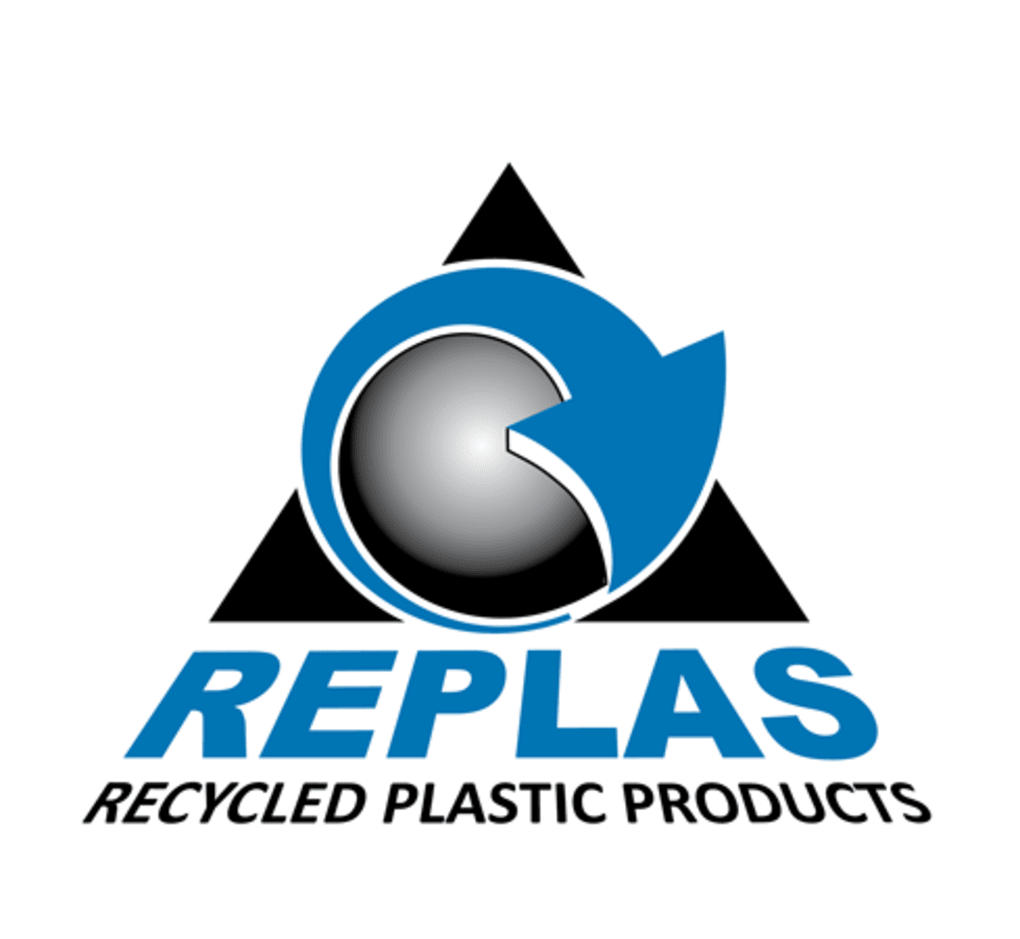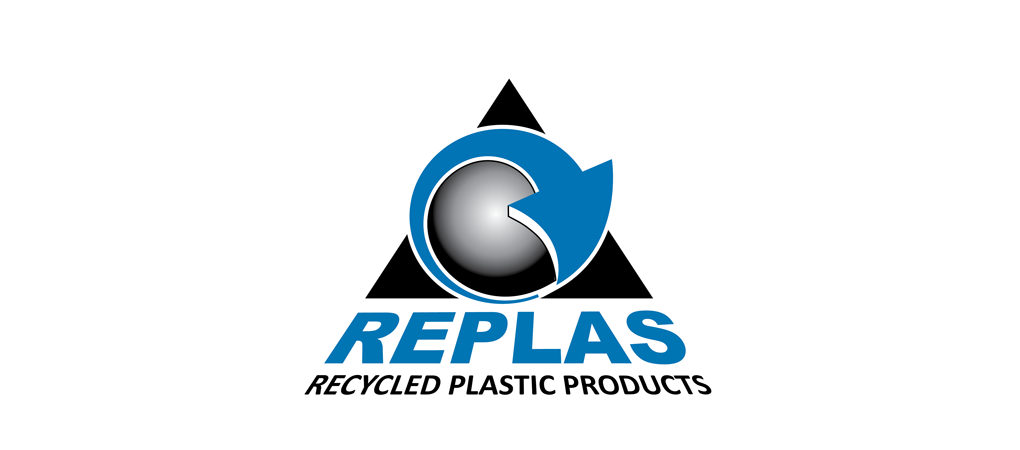PRODUCTS
The recycled plastic used by Replas can be degraded by ultraviolet (UV) light if unprotected. UV light breaks up plastic (polymer chains) that can eventually produce white dust like residue, if unchecked. Replas has worked with leaders in the plastics industry to incorporate a state-of-the-art UV Light Stabilisation package in all recycled plastic products manufactured by Replas. In 2020 and onwards, all products made by Replas include these additives, which are specifically tuned for the harsh Australian environment. Replas products are protected from UV degradation and can be in the environment for over 10 years without visible effect When buried, the plastics are not subject to either Thermal or UV attack so will not naturally degrade in this way. Plastics do not split or rot and are resistant to insect attack. Replas plastics will perform well in sub-terrane applications without need for maintenance or replacement for many years.
Our Recycled-plastic products will last 40 years + as they don’t split, rot or crack like other materials such as wood.
Recycled-plastic is much easier than wood to clean, a citrus based cleaning wash will suffice or a bleach can be used to get rid of mould.
Different variables in the environment affect the ease in which graffiti can be removed, like all materials newer graffiti is easier to remove from surfaces. If you are looking for a solution talk to your Rep about a Sacrificial Anti-Graffiti Coating.
Like all other materials, recycled-plastic will heat up when in extreme conditions. The lighter the colour of the product, the less the heat will be absorbed.
Enduroplank™ has flammability and combustibility profile similar to common timbers. However due to a higher specific heat capacity it is harder to ignite than most common types of timbers. The material family that Enduroplank™ is made of rate as V1 when tested to the UL94 flammability standards.
It is not necessary to paint our products as they are rich in colour and require little to no maintenance. We also advise against painting recycled plastic as our product will expand and contract.
All our products are now made with UV stabilisers which will protect the recycled-plastic from sun damage. Typically, our products will fade a lot less over time than other traditional materials.
Yes, Replas product off-cuts, damaged goods and alike can be sent back to us, melted down and used to create more sustainable products to be re-distributed back into the community. Products that reach the end of their long shelf life are also encouraged to be sent back to us to then start the cycle again. This is also available for remote customers. Please get in touch with us to discuss.
MATERIALS/PROCESSES
Replas can confirm that all plastic components manufactured by RPA contain an average of 85% recycled plastic material, with the remainder being a combination of the Master Batch, Light Fastener, UV stabiliser package, and other virgin plastics.
There are a variety of mixed recyclables in Replas products. Post consumer material includes soft plastic, as well as car bumpers. Post commercial materials comes from hospital waste, post industrial mixed plastics are factory scraps, and mixed hygiene products comes from multiple polymer types and paper.
We use a proprietary process developed in house, similar to injection moulding.
Polypropylene (PP) plastics is considered to be the safest of all plastic. Polypropylene is also very heat resistant and because of this high tolerance, is unlikely to leach even when exposed to warm or hot water.
GENERAL
Our friends at Planet Ark, give a great explanation of what the Circular Economy is just below:
What is a circular economy?
Most Australians are all too familiar with the traditional linear economy, that is, the ‘make, use, dispose’ economy – sometimes referred to as a ‘throwaway’ society. This linear approach is inefficient and has many negative impacts on the environment. We also live on a planet with limited resources. There is an alternative, called the circular economy. Nature recycles everything – nutrients flow from one living organism to another. But our ‘linear’ economy ignores this law of nature. In a circular economy, the aim is to keep materials from being thrown ‘away’ (since there is no ‘away’). The best way to do that is to reduce consumption or design out waste before it is created. And then via re-using or recycling the product or its component parts, we keep resources in the productive economy. This approach creates a continuous cycle and capitalises on the fact that the longer an item is in use, the more value (and return on investment) can be extracted. The cycle is restorative and regenerative by design.
Why is a circular economy important?
The current economic model is reaching its physical limits. A circular economy will preserve natural resources, and not only mined minerals but also our oceans, soil, and whole ecosystems. It will minimise risks by managing limited stocks and renewable resources. Waste in a circular economy builds capital rather than reduces it. By rethinking the way we make stuff, we can design a product or its parts to be disassembled and regenerated into new products. Extending the life of a product or its parts reduces waste. In addition, a circular economy creates new business ventures and revenue streams. Examples of this are provided in the Inspiring Stories we produce each month in our newsletter stories. A circular economy means more than just putting recyclables out for collection; developing robust end markets is the key.
Generally, the plastic we send out to customers uses stretch wrap.
It is fully recyclable and is a valued plastic for us to capture and use in our ‘cake mix.’ Due to the chain of responsibility legislation, we use this material for safety regulations and it is the most environmentally friendly option we can take back from the customer to then process.
The demand for Replas products is increasing as the community becomes more involved in the Circular Economy; we manufacture to order which allows our products to remain competitive in price. These are made from an average of 85% recycled material – the nature of which is highly variable. Working with this material is complex, and can affect the efficiency of our machinery at times, which is beyond our control.


